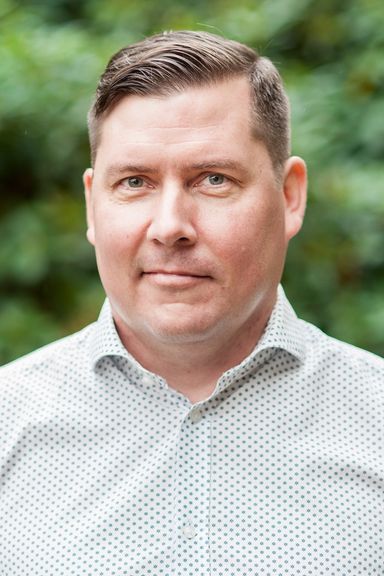
Markus Eliasson
Consultant
- How has factor10 changed the way you think about software?
Using Test-Driven Development in pretty much all situations has been a true game changer for me. It allows me to better tackle complex problems, I produce higher quality software, and it makes me a better team player. I now refer to my years pre-TDD as my dark ages.
- How do you recharge after a busy day?
I like to hit the gym and do some weight lifting. Either by myself, with punk-rock blasting in my headphones, or with my teenage daughters, trying to catch up with what is new in their lives.
- What’s a change you helped a client make that had a disproportionate impact?
We added a feature to a system that allowed the client to extend its functionality to new market segments using nothing but some rules and definitions in a configuration file. Low development effort while a very high customer value.
- If you had to sum up what keeps you here in one sentence, what would it be?
I have great freedom in how I choose to solve my tasks and assignments, both socially and technically - at the same time I am never alone, I can always lean on my colleagues when I need to.
- Tell us something about a colleague that they’re too humble to say…
Andreas has a natural talent for shifting perspectives to meet people on their level to explain and discuss complex problems. It is a superpower both as a consultant and a colleague.
Skills and interests
Raised in C++ and did mobile development before it was a thing.
Published and is active in open-source projects.
Worked as a consultant all my life.
Master of Science in Software Engineering.
Fought well and hard but finally caved in and started collecting vinyl records.

Personal Blog Feed
Visit Markus' blogA test-data builder
A while back I built a test-data builder for one of the projects I am working on. Now, after using it for some time I really think it simplifies and improves our tests, while...
Read more at markuseliasson.seDon’t round twice
When debugging what seemed to be a rounding error, I learned a surprising thing about the way .NET round decimal values.
Read more at markuseliasson.seGuide Comments
Code comments is a subjective topic in a world of collaboration. What is superfluous for some might be helpful for others. Personally, I come to like something referred to as gu...
Read more at markuseliasson.seTest-Driven Development - looking back
This is a retrospective on why it took so long to get started, where I see the greatest benefits and where it is still hard.
Read more at markuseliasson.seThe fear of releasing
The fear of releasing is real, it is the fear of failure.
Read more at markuseliasson.seTechnical debt
What is technical debt, who owns it and when is it due? Post #2 in a series of post about obstacles around software development.
Read more at markuseliasson.seYour obstacles are YOUR obstacles
Why do we have obstacles in software development when software is almost free from constraints?
Read more at markuseliasson.seBest practices for ScalaTest
Writing clear, consice and maintainable tests can be quite challenging. Following the practices discussed here will hopefully help you achieve this if you are using ScalaTest.
Read more at markuseliasson.seBuilding a parser for Sequence
Now that we have defined what we want the Sequence language to look like, we need to formalize this in a grammar and build a parser to parse our input into an Abstract Syntax Tree.
Read more at markuseliasson.se
The whole team
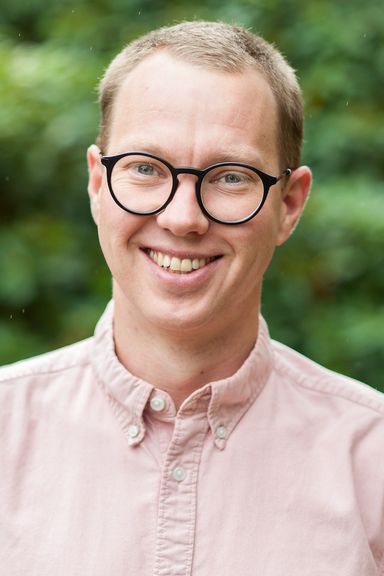
Andreas Cederström
Get to know Andreas
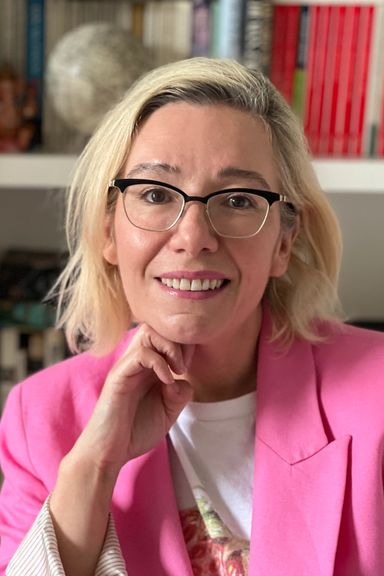
Suzi Edwards-Alexander
Get to know Suzi

Markus Eliasson
Get to know Markus
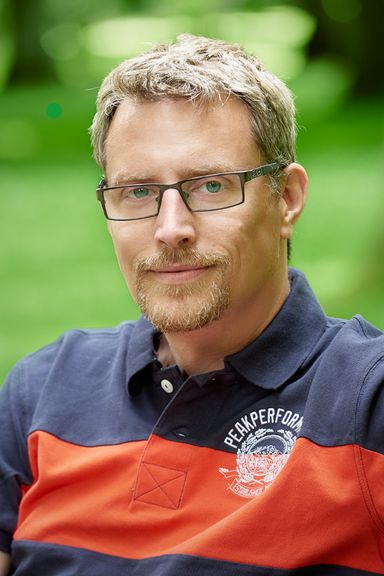
Martin Hellspong
Get to know Martin
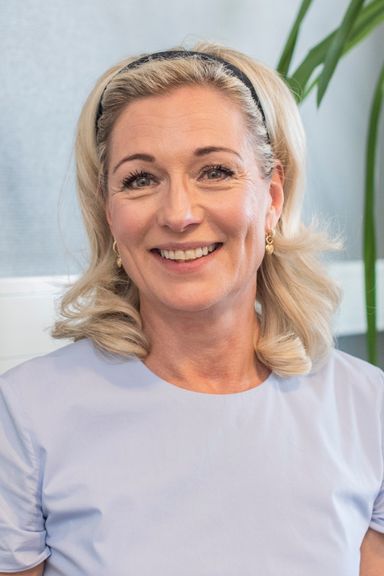
Cecilia Justad
Get to know Cecilia
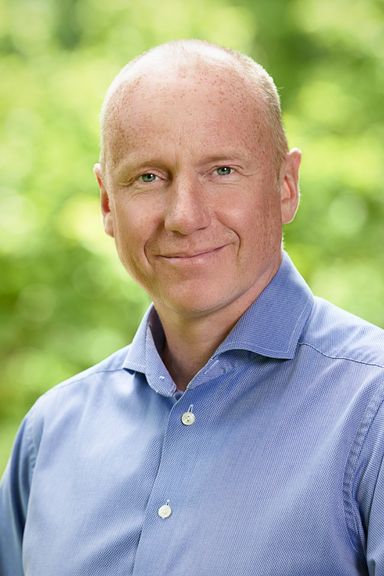
Jimmy Nilsson
Get to know Jimmy
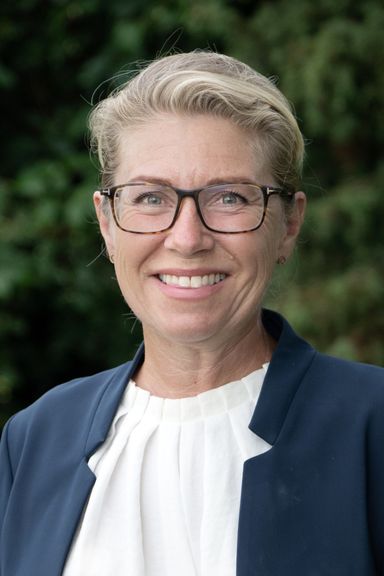
Lotta Nilsson
Get to know Lotta
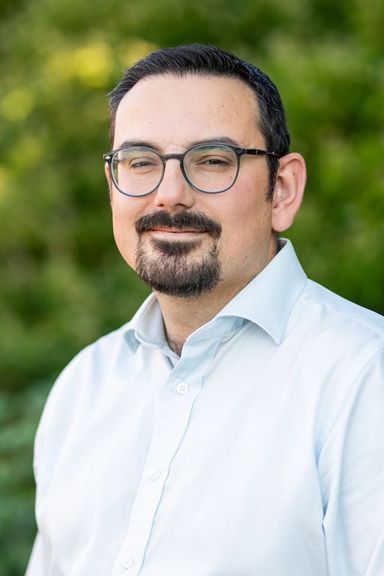
Dino Opijac
Get to know Dino
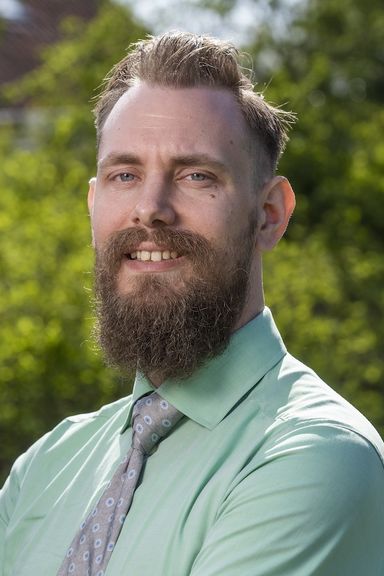
Daniel Raniz Raneland
Get to know Raniz

Katharina Damschen
Get to know Katharina
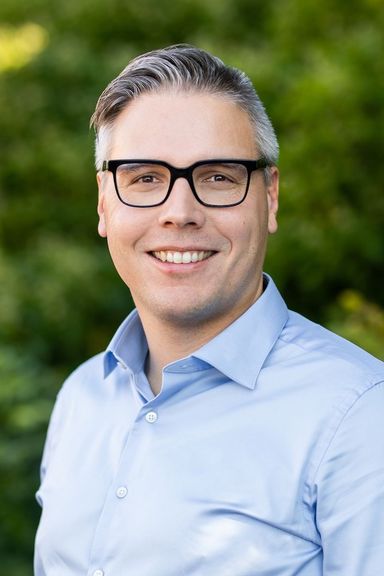
Per Rovegård
Get to know Per
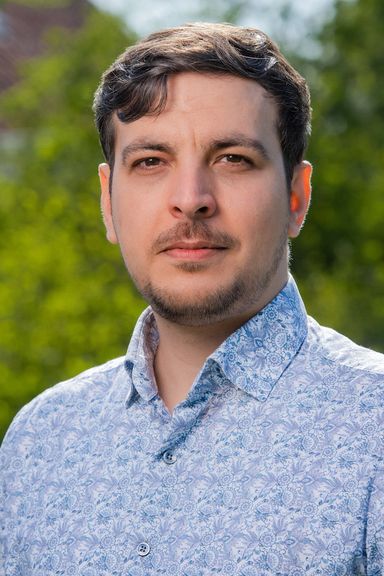
Nizar Selander
Get to know Nizar